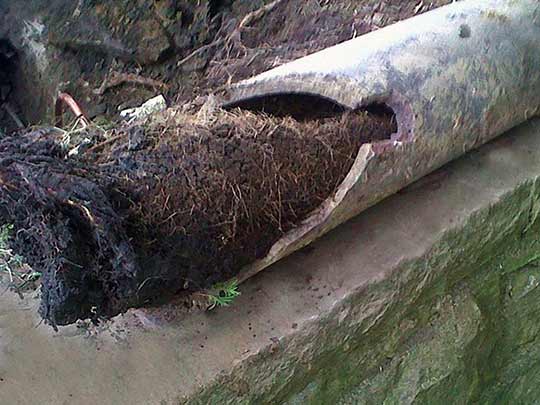
Clogs in your sewer lines and drainpipes do not always give you any warning before they happen; you cannot pick and choose when you want your home’s drains to be free of blockages. Clogs can surprise you at any time of the year. You may wake up one morning to find that a drain that was working perfectly the night before has suddenly started to act up.
However, if you have been living in your home for a while and have been taking careful note of the incidences of drain clogs in the house, you may have noticed a pattern. As Envy Management says, you will find that your drains are more likely to get clogged during the summer than during winter. What is the reason for the increased rate of drain clogs in summer?
Why do sewer lines and pipes clog during summer
Increased use of the plumbing
Summer is when children who are typically away at school at other times in the year are at home most of the time. Summer, being synonymous with holidays, is also when you are likely to have guests and family members visiting and staying over in your home.
This means more people will use the plumbing during summer than at any other time of the year. Increased usage leads to an increased probability of the sewer line getting clogged.
Severe summer storms
Summer storms can release large volumes of water into your home’s drains within a very short time. This is often more water than the drain can handle, resulting in the system becoming overwhelmed.
When this happens, wastewater can back up inside the drains and overflow into your home. Depending on the storm’s severity, you may have a minor problem of slow draining sinks, toilets, and showers or a major problem of sewage flooding your home.
Summer droughts
Along with sudden summer storms, there are interludes of rainless periods in the summer. During these dry spells, there is zero rainfall, and water levels inside the sewer system fall drastically. This makes it harder for waste to pass, leading to the accumulation of debris within the pipes.
With the onset of rains, the built-up waste will clog the system and prevent water inside the drain from passing freely. The result could be the backflow of wastewater into your home.
Invasion by tree roots
Plants – shrubs, grass, and trees –love summer. Plants grow at a faster rate during this time of the year. While you may only be aware of this growth in the leaves and limbs of the trees and shrubs in your yard, much of plant root growth happens underground.
This accelerated growth can lead tree roots to interfere with underground pipes; tree roots especially can dislodge pipes or pierce them. If a pipe is displaced, its slope is altered, water doesn’t flow through easily, and clogs form more readily.
Is your sewer line clogged?
How will you know if your sewer line is clogged, and how do you solve the problem? Here are some of the signs you will see if your sewer line is clogged.
Unpleasant odors in the home
If raw sewage odor emanates from drain openings inside the home, you may have a blockage inside your sewer lines. This unpleasant smell is typically stronger in the basement.
Slow draining sinks and showers
A clogged drainpipe does not let water flow through quickly, so any water that gets into the sewer line will take some time to flow through. This will manifest as sink and shower drains that are slow to drain. Water collects in the sink or shower for a while before eventually draining.
Partial draining from sinks and toilets
This often happens together with a slow drain. You may find that only liquids drain out of the sink or toilet, but solids are left behind. Solid materials in waste should be carried into the drains along with water. But if drains are blocked, water will stagnate and lose its momentum to move those solids.
Sewer backup
This is the clearest, most disgusting, and most damaging sign of a sewer line blockage. A sewer line backup can happen because excessive water is found in the sewer line due to a sudden summer storm. Existing clogs in the sewer line and other issues with the pipes may increase the risk that a sewer line will back its contents into the home.
What should you do if you think your sewer line is clogged? The only way to solve the problem is to clear the drain. A professional plumber can do this by hydro-jetting your sewer lines to clear away blockages. They can also do a sewer camera inspection to identify the cause of the problem. If your sewer pipe is damaged, the plumber can also repair the sewer line.

